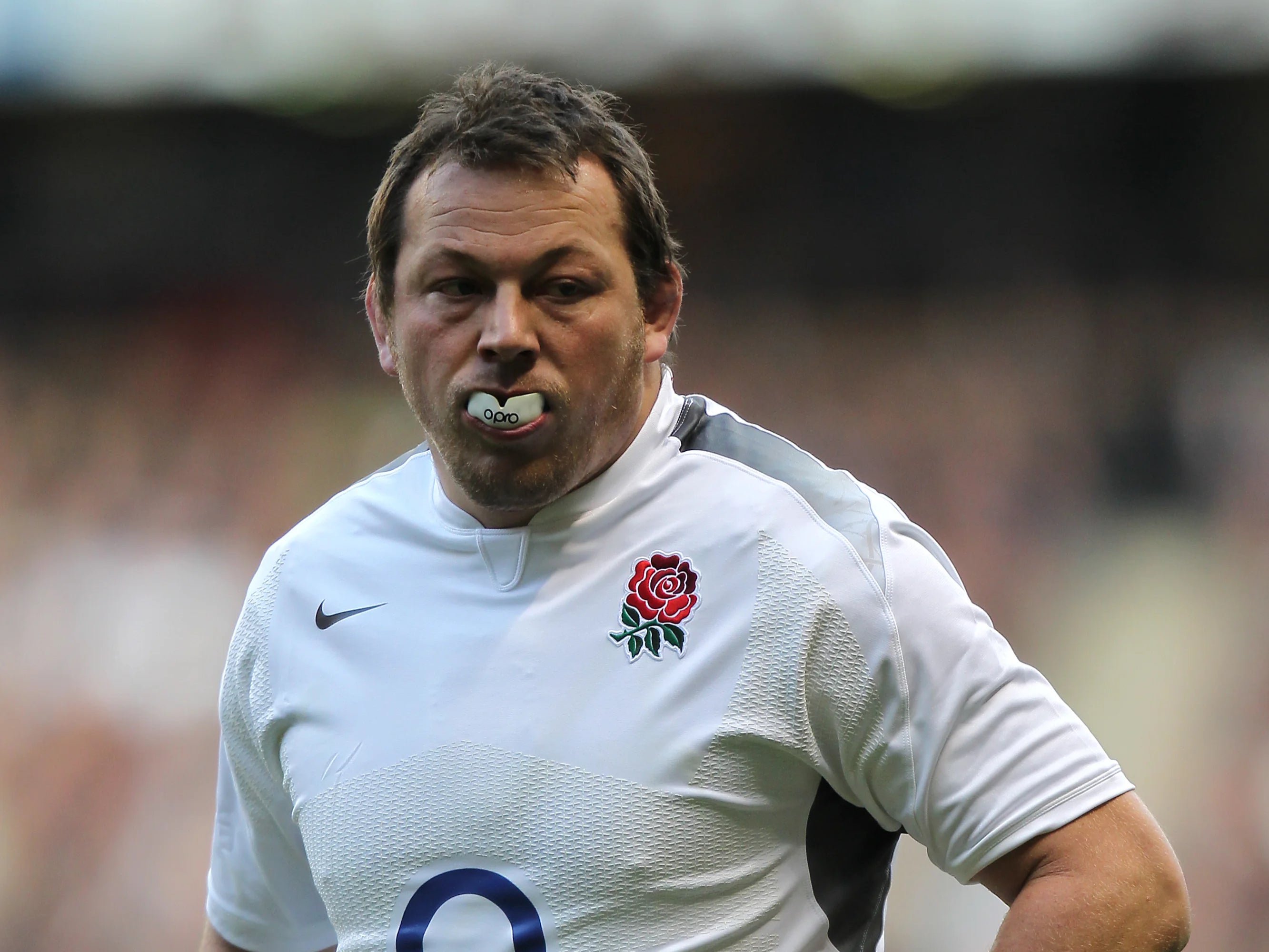Lobby group finalises list of player welfare requirements to World Rugby
Proceedings are set to be issued at court

Your support helps us to tell the story
From reproductive rights to climate change to Big Tech, The Independent is on the ground when the story is developing. Whether it's investigating the financials of Elon Musk's pro-Trump PAC or producing our latest documentary, 'The A Word', which shines a light on the American women fighting for reproductive rights, we know how important it is to parse out the facts from the messaging.
At such a critical moment in US history, we need reporters on the ground. Your donation allows us to keep sending journalists to speak to both sides of the story.
The Independent is trusted by Americans across the entire political spectrum. And unlike many other quality news outlets, we choose not to lock Americans out of our reporting and analysis with paywalls. We believe quality journalism should be available to everyone, paid for by those who can afford it.
Your support makes all the difference.Lobby group Progressive Rugby says it is “finalising a comprehensive list of player welfare critical requirements” that will be submitted to the sport’s world governing body.
It is understood that proceedings were to be issued at court on Monday by Rylands Law on behalf of a group of professional and semi-professional players against World Rugby, the Rugby Football Union and the Welsh Rugby Union.
The case involves a number of rugby players diagnosed with early-onset dementia and other irreversible neurological impairments.
The claimants, who include former Wales captain Ryan Jones and England’s 2003 World Cup-winning hooker Steve Thompson, argue that the sport’s governing bodies were negligent in that they failed to take reasonable action to protect players from permanent injury caused by repetitive concussive and sub-concussive blows.
Progressive Rugby, a non-profit group demanding better protection for players, is not involved in the court action.
“While not involved in the litigation, we are deeply saddened to see the large number of players taking legal action as a result of neurological issues they believe are related to their time playing the game,” a statement read.
“Progressive Rugby are in the process of finalising a comprehensive list of player welfare critical requirements which will be submitted to World Rugby.
“We believe delay is no longer an option and that radical action must be taken as a matter of urgency to ensure rugby union’s reputation isn’t damaged beyond repair.”
Allegations raised by the claimants include a failure by the defendants to take adequate steps to inform, educate or warn the claimants about the risks of permanent brain damage; reduce the amount of contact allowed in training; seek or follow expert medical or other advice available to them with regard to the risk of permanent brain injury; institute or commission adequate research into the effects of multiple concussive and sub-concussive impacts on the brain and the prevention of permanent brain injury.
Rylands said this application for a group litigation order is the biggest ‘class action’ lawsuit to be launched outside the United States.
This claim isn't just about financial compensation
In all, Rylands represents more than 185 rugby union players aged in their 30s, 40s and 50s.
A statement from Rylands confirming the imminent issuing of proceedings concluded: “This claim isn’t just about financial compensation; it is also about making the game safer and ensuring current and former players get tested so that if they are suffering a brain injury, they can get the clinical help they need.
“The players we represent love the game. We aim to challenge the current perceptions of the governing bodies, to reach a point where they accept the connection between repetitive blows to the head and permanent neurological injury and to take steps to protect players and support those who are injured.”
Join our commenting forum
Join thought-provoking conversations, follow other Independent readers and see their replies
Comments